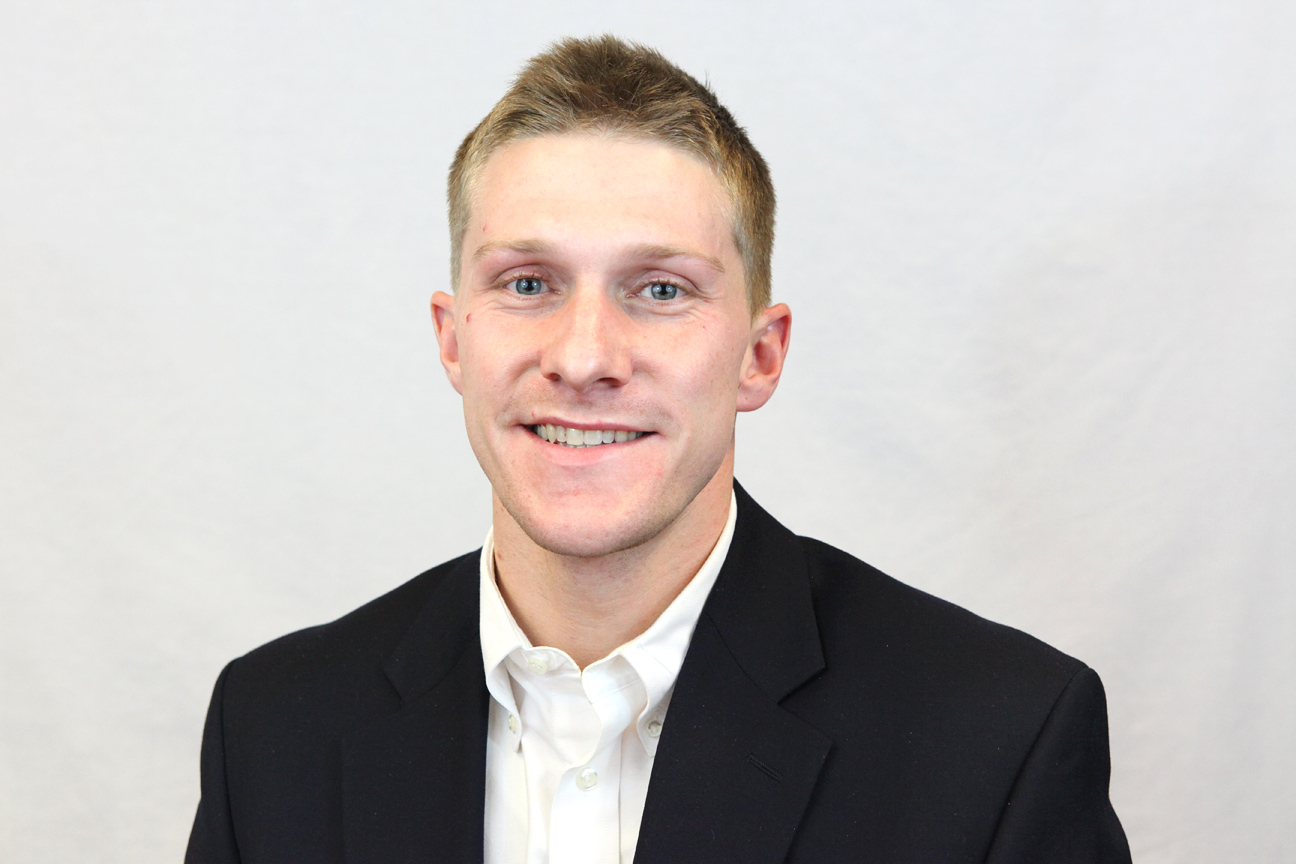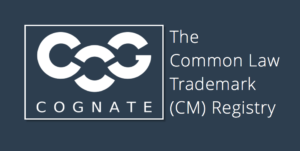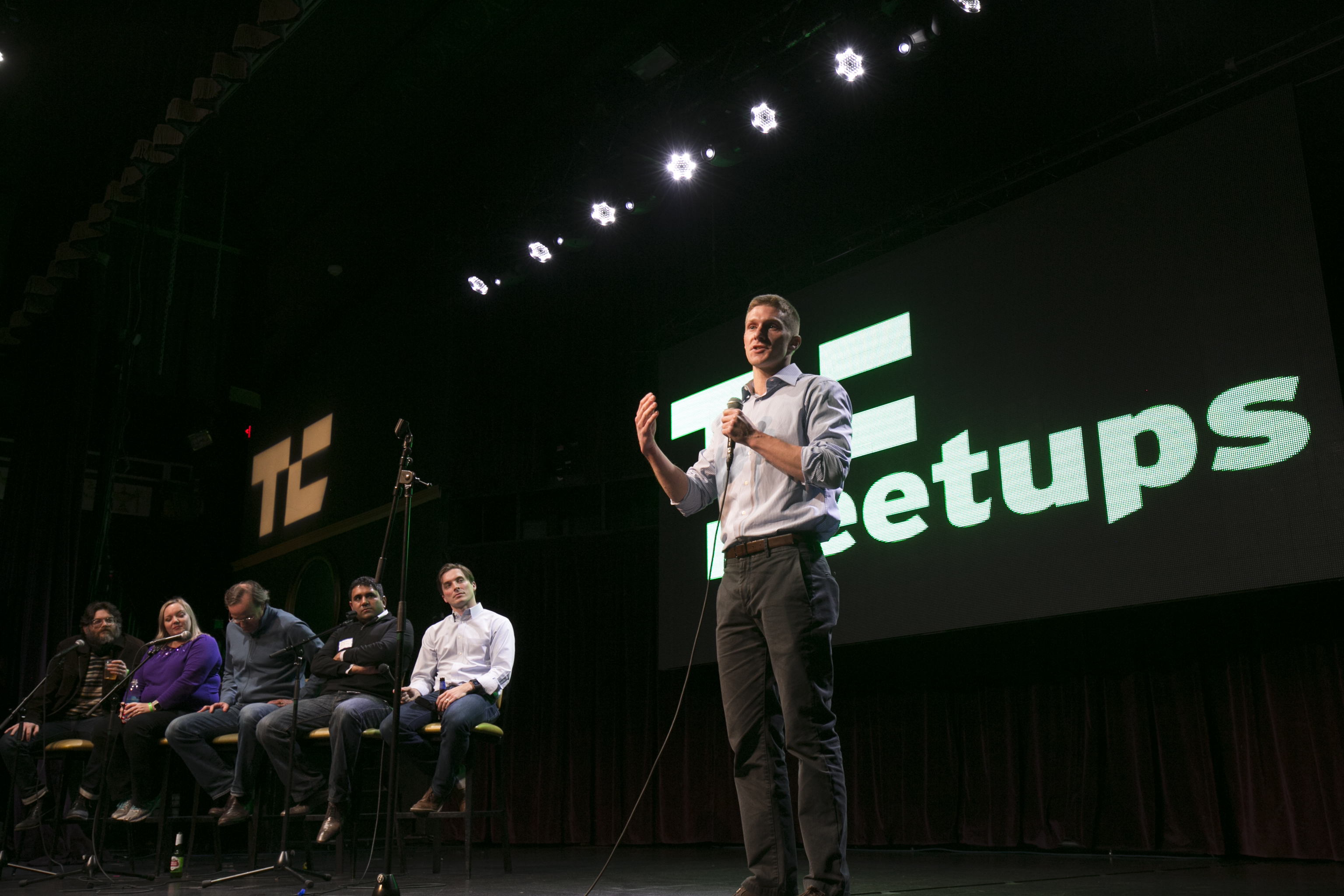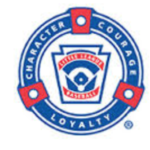Startup Snapshot: Cognate
Compiled by Monica Bay
Meet Bennett Collen, CEO of Cognate, which was launched in 2014. Collen, 27, is based in Boston, Massachusetts.

SOCIAL STUDIES
Website: https://cognate.com/
Twitter: https://twitter.com/CognateCM
Linkedin: https://www.linkedin.com/in/bennettcollen
Facebook: https://www.facebook.com/CognateTM/
Education: Boston College, Bachelor of Science, Environmental Geoscience and Bachelor of Arts, Communications, 2011.
Past jobs: I work at my parents’ law firm, Collen Intellectual Property Law. Their firm, with 18 lawyers, is
located in Ossining, in Westchester County, New York—about 35 minutes outside of New York City. Other past jobs include working at hardware store in Ossining; during the summers in college I worked at the Boston Red Sox souvenir store at Fenway Park.
Is this your first start-up? Yes.

What problem does your startup solve? The systems currently in place for trademark protection are deeply flawed. They’re not secure, they’re expensive, time-consuming, and confusing–a relic of the past when all transactions were done and recorded on paper and few people held access to crucial information. As a result, 98 percent of business names, product or service names and slogans that are in use are never registered with the U.S. Patent and Trademark Office. Even the two percent that are federally registered are routinely involved in lawsuits due to accidental or negligent infringement.
The expense, time and confusion associated with the current systems of recording and monitoring of trademark rights leads to companies spending $2.6 billion a year on trademark litigation in the U.S. alone. Globally, trademark infringement is a trillion dollar problem. More than 120 million valid and legally defensible trademarks (common law trademarks) don’t have a home. Trademark owners had no way to quickly, affordably and indisputably record and monitor their trademark rights. Cognate addresses these issues.
How does it help users? Cognate uses blockchain technology to make a record of our users’ trademark rights—a record that can never be altered, changed or tampered with in any way. Cognate also offers trademark monitoring services for a fraction of the cost of the traditional market. Together, Cognate’s services provide a secure, fast, straight forward and affordable path to holistic trademark protection (recordal + monitoring of the mark). This helps anyone—trademark attorneys, Big Law, solo practitioners, in-house counsel, startup founders, small business owners, artists, etc—to proactively protect their trademark.
Is Cognate currently on the market? Yes. Our services are live on https://cognate.com. We’re still building out some of the blockchain functions. Cognate registration starts at $29.95/year and monitoring starts at $34.96/year.
Patents? No, but we do have a federal certification mark (CM). The CM Mark is a certification mark exclusively owned and administered by Cognate. It is granted to business names, product/service names and slogans that satisfy Cognate’s standards to qualify as a common law mark. Once a mark has been certified by Cognate, the mark owner gains the right to use the certification mark in conjunction with their trademark (ex: CognateCM).
What inspired you to pursue this startup? My parents are trademark attorneys and practice together. I like to say I earned my “unofficial J.D.” at the dinner table. I worked at the firm as I grew up. When I was younger I would do basic things like pull and scan files (back when everything was on paper). As I got older I would draft debit notes and be more involved in the day-to-day operations of the firm. After college (and some non-legal jobs, including solar energy consulting), I returned to working with the family firm. I identified the fundamental flaws in the way people think about trademarks, more specifically, about protecting their trademarks.
How many people work at Cognate? Two full-time employees: myself and Chris Murdock, CTO.
Do you have funding yet? Yes, we have pre-seed/seed funding from an Angel investor, but are looking to raise our next round in early 2017.
What is your biggest challenge re: the start-up? Getting risk-adverse lawyers to buy into a new way of working, embracing a “new normal.”
What do you need right now? In six months? In a year? Right now we need increased awareness of our company and products, and another developer to help build out our platform. In six months we’ll need to have completed our next round of funding. In a year we’ll need full-time employees in sales and customer success.

What have you learned that you wish you knew five years ago? You need to be shameless when asking for introductions and connections that will help grow your business. By this, I don’t mean lie or be dishonest in any way—but to not be afraid to ask for something that will help your business grow, even if asking makes you uncomfortable. Most of the time, people like feeling useful and connected and are happy to help.
Your most important mentors: Kevin Oye, Vice President, Systems and Technology, Sycamore Networks. Kevin has global responsibility for all technology and product strategy and delivery including CTO, Architecture, Product Management, and Engineering, as well as all corporate development activities. He mentored Cognate when we were a part of the EforAll accelerator program in Lowell, MA, and has been an invaluable part of our company ever since.
James Hastings is a trademark attorney Of Counsel at Collen IP Law, with more than 20 years of experience, and also has experience starting and building companies. His ability to play devil’s advocate, and advise Cognate on our direction both as an attorney and an entrepreneur has helped guide many of our key strategic decisions.
Book that changed your life? What They Don’t Teach You at Harvard Business School, by Mark McCormack. Before I started Cognate, I worked for a few companies that served very specific audiences (solar energy consulting, a hardware store, my parents’ firm) but had relatively little general, practical business experience. This book provided actionable and practical advice for navigating the business world.
Advice for other entrepreneurs? Don’t be afraid to do things out of order. When I was first getting started I had good ideas about how to get traction—when the product was “ready.” This was wrong for two reasons. 1) Everything related to traction takes longer than you think (partnerships, ad campaigns, etc.), especially in the legal sector. 2) The product is never going to be truly “ready” and as good as you want it to be. It’s O.K. to start trying to gain traction before your product is 100 percent ready. Doing things in the wrong order can help you feel out where exactly your demand lies. Only caveat—don’t promise things that you can’t deliver.
What are you afraid of? The status quo–both within my company and the legal sector as a whole.

What are you most proud of? I coach a little league baseball team with one of my buddies from college. It’s awesome to see how much the kids enjoy playing the game and how much they improve from the first practice to the last game.
What would be your dream career if you were not a entrepreneur? Starting shortstop for the Boston Red Sox.
Favorite vacation destination: Hawaii. It has everything: beaches, hiking, volcanoes, interesting wildlife and geology (I was an environmental geosciences major in college.)
Favorite musician: The Beach Boys–classic sound, great to listen to, especially in the summer.

Favorite food: Sandwiches. All different kinds. Could eat them for every meal.
Favorite quote: “Success is walking from failure to failure with no loss of enthusiasm.” –Winston Churchill
What’s your mantra? Do things that make you uncomfortable.
Who would you want sitting next to you if you got stuck for three hours on the tarmac in a 737? Stephen Hawking. Theory of Everything is a fascinating read, but I had a ton of questions after reading it. Can’t think of a better way to spend three hours than to have a discussion about the origin and meaning of the universe.
Compiled by Monica Bay, CodeX Fellow and freelance journalist. She is a member of the California bar. Email: mbay@codex.stanford.edu. Twitter: @MonicaBay.
BLT image: Wikipedia
